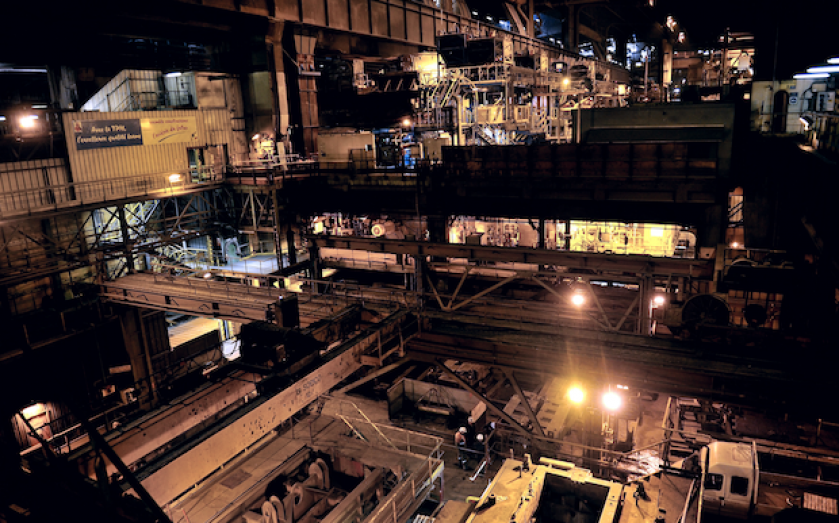137 CEOs sign manifesto protesting EU energy policy

137 CEOs representing EU manufacturing industry have put their name to a manifesto calling for major shift in the EU's energy and climate change policy.
Published by the International Federation of Industrial Energy Consumers (IFIEC), the document called for an industrial renaissance to be at the heart of the strategy to move Europe out of its current crisis.
“This initiative, representing more than 1m direct jobs from various sectors and countries all over Europe is exceptional”, said Fernand Felzinger, the president of IFIEC Europe.
“It can only be explained by the severity of the crisis impacting the EU 28 manufacturing industry," he added.
The document highlighted the dramatic decline of European manufacturing over recent years, with industry's share of Europe's GDP down to 15 per cent and 3.5m jobs lost in the sector since 2008.
The ever rising price of electricity is having a heavy impact on the competitiveness of European industry. In January, the European Commission confirmed that electricity costs in the EU were two to three times higher than those in the US, with a 70 per cent rise for industry since 2000.
The manifesto explicitly cited government policies such as taxes, subsidies for renewables and regulatory costs as the main cause of rising energy prices.
CEO of Aperam Philippe Darmayan commented:
These ever increasing surcharges create an unprecedented burden for manufacturing industries which cannot pass through these costs to their customers.
The document follows comments made by the boss of Tata Steel Europe, who urged the UK government to take action on energy bills. Looking to the future, the IFIEC's chairman for gas said "Ignoring the shale gas option would be a big mistake.”
European industrial leaders continue to look on with envy at the US shale gas revolution, which has slashed the cost of energy. The UK is particularly well placed to benefit from the exploitation of shale gas, with an Institute of Directors report estimating that up to 74,000 jobs could be created.
A major survey of 200 city fund managers with collective assets of more than $10 trillion, showed 59 per cent believed shale would lower the cost of energy in the UK.
The IFIEC's press release concluded:
EU’s emerging climate policy measures really matter for the future of the companies signing the
manifesto. Here lies the other root cause for increasing cost disadvantages with major competing regions.